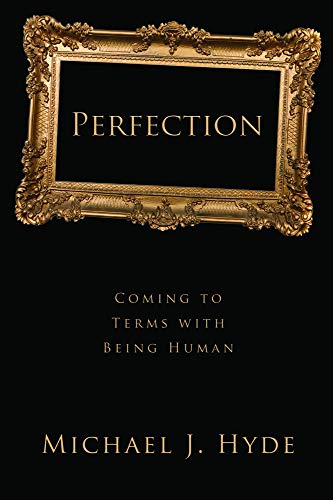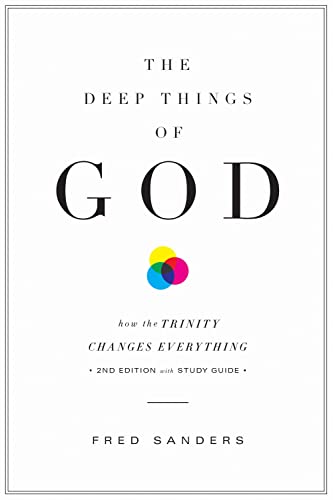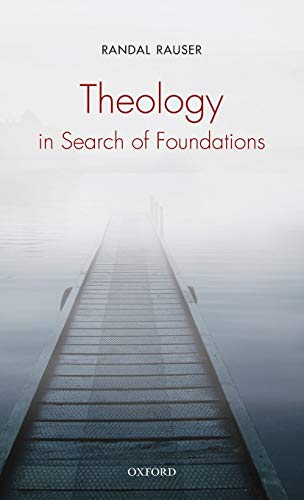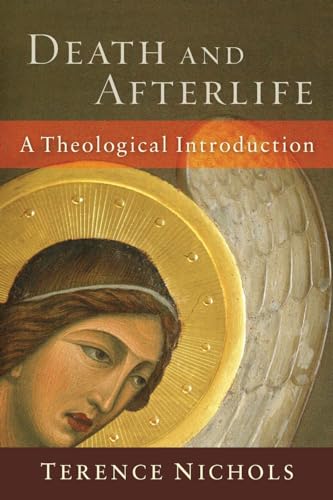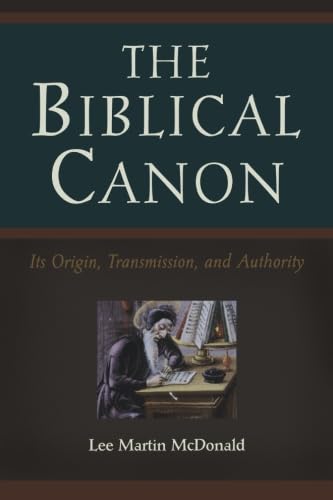Sacred Attunement: A Jewish Theology
Written by Michael Fishbane Reviewed By Michael J. ThateOur age is a peculiar one, especially as it relates to the prospect of constructive theology within the social imagery of the Western academy. Numerous studies have appeared in recent years peddling the theological discipline to the coffers of governmental agencies with great apologetical verve. Is there value and is there sufficient interest in the theological discipline to merit faculties, facilities, and funds for such a project under the auspices of the university? Even if the answers to these questions are in the affirmative (even if only in the sense of opting for historical or sociological approaches), that leaves the riddle of how to do theology in a disenchanted universe—or, at least, in the disenchanted Western hemisphere. Though slightly more complicated than easy formulations of a Kantian terminus a quo, this side of Kant’s turn to the subject has found the subject trapped “under the ceiling of interpreted phenomena” (p. 12), creating a complicated and contradictory matrix of the endless deferment of meaning (p. ix) and, in A. N. Whitehead’s vivid phrase, “misplaced concreteness.”
Sacred Attunement is not so much an apologetical tract in favor of the place of theology within the academy or secular society as it is a poetic and prophetic demonstration of constructive theology from withinthe academy and for the world. It is “an attempt to ‘do’ theology in a dark and disorienting time—a time sunk in the mire of modernity” (p. ix). Despite the Babel fences marking the borderlands between the natural and the supernatural, the everyday remains shot through with “traces of transcendence” (p. x), and, with Goethe, even still we “shudder before the mortal mysteries.” Sacred Attunement is therefore a theology “grounded in the forms of experience found in the natural world,” a theology that seeks to embrace “these perceptions of transcendence and tries to sustain (and even revive) them in the normal course of life” (p. x). Theology is therefore a “sacred enterprise,” the “ever-new attempt to speak of the reality of God and direct the self toward this truth” (p. 1). The attempt is “ever-new” because no “honest theology can ignore what we know and experience as moderns, or relegate this to some separate cognitive sphere” (p. 13). Because theology is aired in “the world of persons,” it “is a human truth projected into the mysteries of God’s truth” (p. 32). Hence, there is a continual need for “age-specific personifications of God” (p. 3). Much of the theological torpor today fails precisely at this point. Theology is either beguiled by the gestures of the generations or caught within the habitudes and thickets of “accepted meanings” (p. 82). The theologian must be aware of the current cultural complications of theological formulation (pp. 9–11), while both speaking from within and to this moment.
Theology as attunement has a dual nature: “it involves both perception and performance. Accordingly, theology is not merely a type of thinking but also a type of living” (p. xiii). It involves perception in that it seeks after the order, the wisdom, the truth of things. It names this “most primal Depth (beyond the Beyond of all conception), so infinitely disposing” what “we haltingly bring to mind by the word God” (p. 34). It is also performative in that it seeks to pattern itself after the Real and for the world, to image—perform—the divine to the world. The theological task, therefore, “does not change nature as such, but rather transforms its reception, through spiritual consciousness” (p. 123) and attentiveness to the double dimension of primary realities, rupture and revision. It is at this crossing-point where theology finds its first prefiguration (p. 22). These caesural events challenge habitude and all matters of “routine and idolatry” (p. 105), pressing upon us the question of whether the divine is “a living reality in our lives, or merely some abstraction of thought; and in what respect is religious life a matter of true engagement, or simply an expression of inherited behaviors?” (p. 2).
It is at this point where Fishbane’s general comments on the theological task turn to a special instance of Jewish theology. The giving of the Law at Sinai “stands at the mythic core of religious memory” and marks the beginnings of Jewish theology. There is “no authentic Jewish theology outside this covenant core” (p. 49), where the “divine ‘I shall be’ requires a living human attentiveness for its realization as an event of earthly significance” (p. 54). Jewish theology is therefore hermeneutical, performative, and transformative (pp. 43–45), seeking “to interpret sacred scripture in ways that sharpen our religious awareness for the sake of a God-centered life, and to allow our reinterpreted lives to disclose ever-wider and deeper spiritual realities of God’s torah kelulah” (p. 64). Through the varying interpretive processes of PaRDeS, there is an attempt “to foster diverse modes of attention to textual details, which in turn cultivate correlative forms of attention to the world and to divine reality” (p. xi.). Within the threefold nature(s) of torah she-bikhtav, torah she-be‘al peh, and torah kelulah, the “old words of scripture are spaces for ever-new moments of spiritual consciousness and self-transformation” (p. xiv). Covenant theology is thus a “heroic theology” (p. 175), constantly reshaping itself to “meet new circumstances” (p. 150), a “heroic transvaluation of values within the frameworks of scripture and tradition. It is an ever-present human attunement to God’s ‘Shall-Be,’ and with it the obligation to respond” (p. 198).
It is difficult to classify exactly what genre Sacred Attunement inhabits. It is more than a mere Jewish theology or philosophic theology or spiritual theology. But this much is sure: it is a book marked by a profoundly God-centered and wide humanitarian vision. Though short in pages, its depth makes it a challenging read. The prose will at points haunt you, its boldness shock you, and its moral vision compel you. The book deserves a careful and critical read and Fishbane our deepest thanks.
Michael J. Thate
Michael J. Thate
Durham University
Durham, England, UK
Other Articles in this Issue
Most of our readers are theological students and pastors...
The Dazzling Darkness of God’s Triune Love: Introducing Evangelicals to the Theology of Hans Urs von Balthasar
by Stephen M. GarrettJürgen Moltmann observes that Christian theology and the Church face “a double crisis: the crisis of relevance and the crisis of identity...
Plots, Themes, and Responsibilities: The Search for a Center of Biblical Theology Reexamined
by Daniel J. BrendselIn the prolegomena to his “approach to biblical theology,” Charles H...
Since the mid-twentieth century biblical scholars have increasingly accepted that the texts of the Bible must be interpreted in terms of their literary genres...
The present age tends to regard polemics, theological controversies, and all-round doctrinal fisticuffs as, at best, a necessary evil, at worst, one of the most revolting aspects of Christianity...



